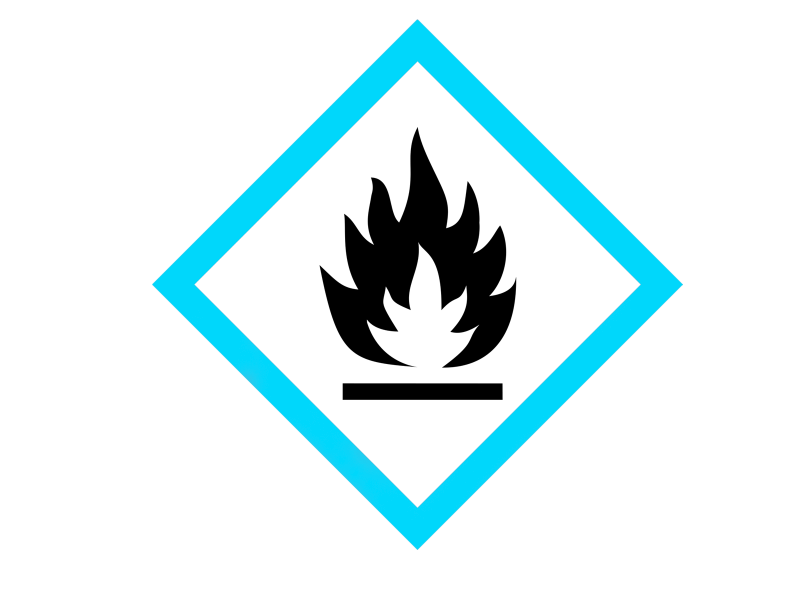Safer Solar

Are you deciding what solar system is right for your home? Perhaps you are looking for some more information. In any case, When it comes to solar, Safety is paramount and should be the number one factor to consider. Always choose safer solar for your home system.
AC electricity vs DC electricity
When defining safer solar you must first understand AC and DC electricity. It may sound boring but read on! It is easy to grasp and should be vital when choosing a solar system for your home. To put it simply, DC (direct current) electricity only flows in one direction whereas AC (alternating current) changes direction periodically. It is important to note AC electricity is the current that runs through your home and when it comes to safety, AC wins. If you would like a more detailed explanation, energy.gov write a good article.
Why AC Systems Are Safer
In DC systems arc faults can occur. When an arc fault is set off it can be very hard to stop. DC systems have continuous voltage, meaning you have to interrupt the circuit or the fault will not stop. This can result in a continuous fire with the ability to melt glass, steel and other more combustible materials.
AC voltage alternates between positive and negative, passing 0 one hundred times a second. This means a safety device can easily isolate any arc fault if it occurs.
DC Systems
The most common type of solar system found in homes are string inverter systems. Energy is absorbed by your rooftop panels in the form of DC energy. It then travels through cables and wiring to your inverter, generally located on the side of your house. The inverter converts the energy from DC to AC power so it can be run through your home powering your appliances etc. This means a fire can occur from the panels to the wiring all the way to the inverter. Damage to the cabling, poor quality components, loose terminals. These can all be causes of a fault. As systems age the likelihood of an arc fault increases so make sure to check your system if you already have a DC solar system installed.
Safer Solar
You may now be wondering what safer solar is and what it looks like. Safer solar generally starts at the inverter. Your solar panels may be on the roof but the inverter does all the work. Having an AC micro inverter system installed ensures you are eliminating the risks of arc faults, preventing fire to your home. Micro inverters are safely and conveniently installed underneath each panel, meaning the DC energy absorbed is instantly converted to AC energy. There is no cabling running through the roof that is at risk of a fault and the system operates at a low voltage. AC systems are generally slightly more costly than DC systems, however, well worth it for the peace of mind. This is not to mention the other added benefits not surrounding safety. Have a read of our string inverters vs micro inverters article to find out more.
Make sure your installers are trained and CEC accredited. Also check what hardware is being used. Always go with reputable branded hardware so you can rest assured that your home system is safe. AC systems are generally slightly more costly than DC systems, however, well worth the price.
Doing your research is important. However, if you would like to speak to a professional to get some insight into what is the best option for your home, click the button below and one of our team will get back to you.
